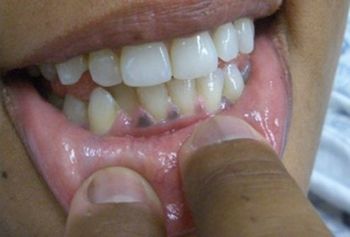
Primary adrenal insufficiency or Addison’s disease, is the result of destruction of the adrenal cortex.

Primary adrenal insufficiency or Addison’s disease, is the result of destruction of the adrenal cortex.
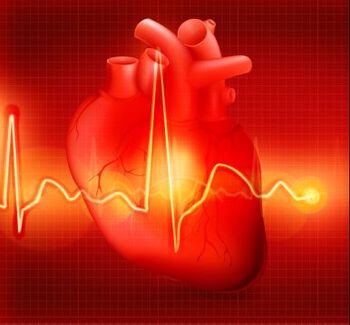
The empagliflozin CV benefit was "astounding" and a first for any diabetes drug, but what does it actually mean?
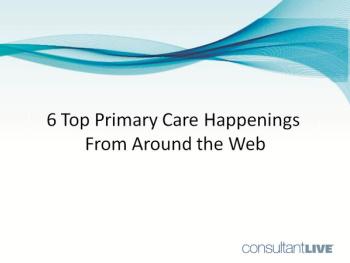
Here’s a quick look at 6 notable things that happened in medicine very recently.

Turing Pharmaceutical's CEO has backed down on the 4000% price hike for Daraprim, but is the damage done? Take our poll.
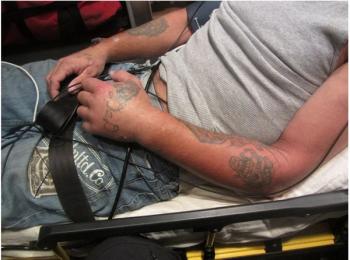
Pt calls 911 for chest pain. In transit, signs, symptoms, history of the real problem are unmistakable. Your Dx?
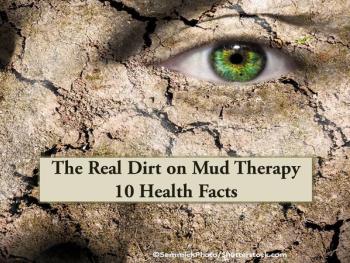
The use of mud as medicine goes back to ancient times. Today many look to a dip in a warm mud bath to ease pain and tension. More on medicinal mud in our slides, here.
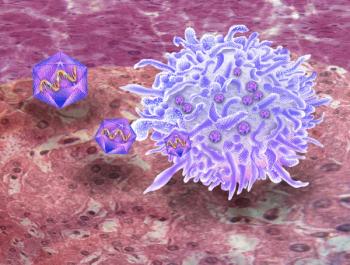
A new study finds that many children with perinatal HIV infection lack sufficient immunity to combat measles, mumps, and rubella--even though they may have received the MMR vaccine.

Is there an alternative to practicing "churn-and-burn" medicine? Yes, says Dr Pamela Wible, and she will explain.

"I have lost my joy and my soul is sad. I never used to feel this way about medicine." Dr Pamela Wible offers her Rx.
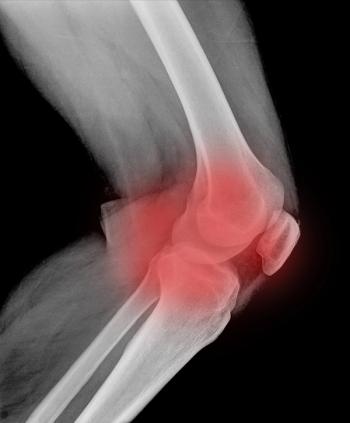
A new study finds that low doses of fish oil improved pain and function in knee osteoarthritis more effectively than high doses. No clinical or structural advantage to an anti-inflammatory dose was found.
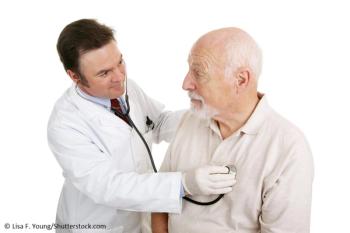
Heart age is higher than actual age in most men and women, so many don’t understand their risk of cardiovascular diseases and are missing opportunities to prevent them.
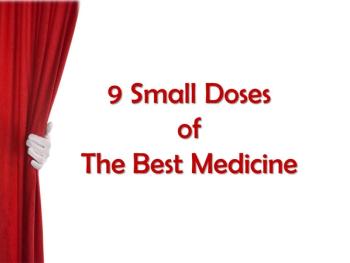
We scanned medical bloopers, wacky acronyms, one-liners, and more to create 9 slides we think will get at least a chuckle each.

The goal is to avoid treating men who don’t need surgery or radiation. A new long-term study points to the potential of surveillance as a treatment option.

A good handwritten H & P told you all you needed to know and, just as important, nothing that you didn’t need to know.

He is actively seizing when EMS arrives. Mother says this happens once a year, about the same time. Details, in the video.
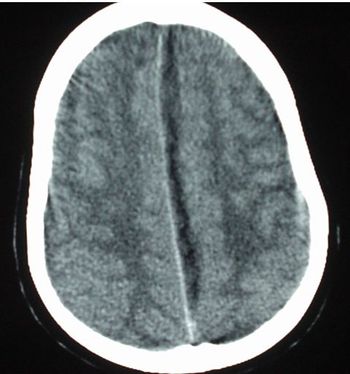
Cold symptoms that persisted for several weeks became ominous signs when the headache worsened and walking became difficult.

Clearly, too much medicine can be very bad for your health. And it is also a disaster for the health of our economy.

Pt video: Woke with symptoms. PMH: hypertension, arrhythmias. PPD smoker, drinks ETOH. More history, here.
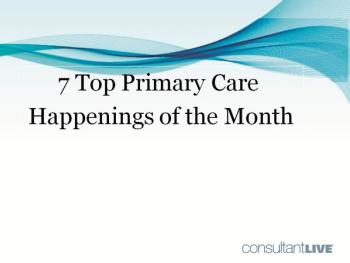
Here's a salute to 7 particularly notable doings and happenings in medicine during the past month.
